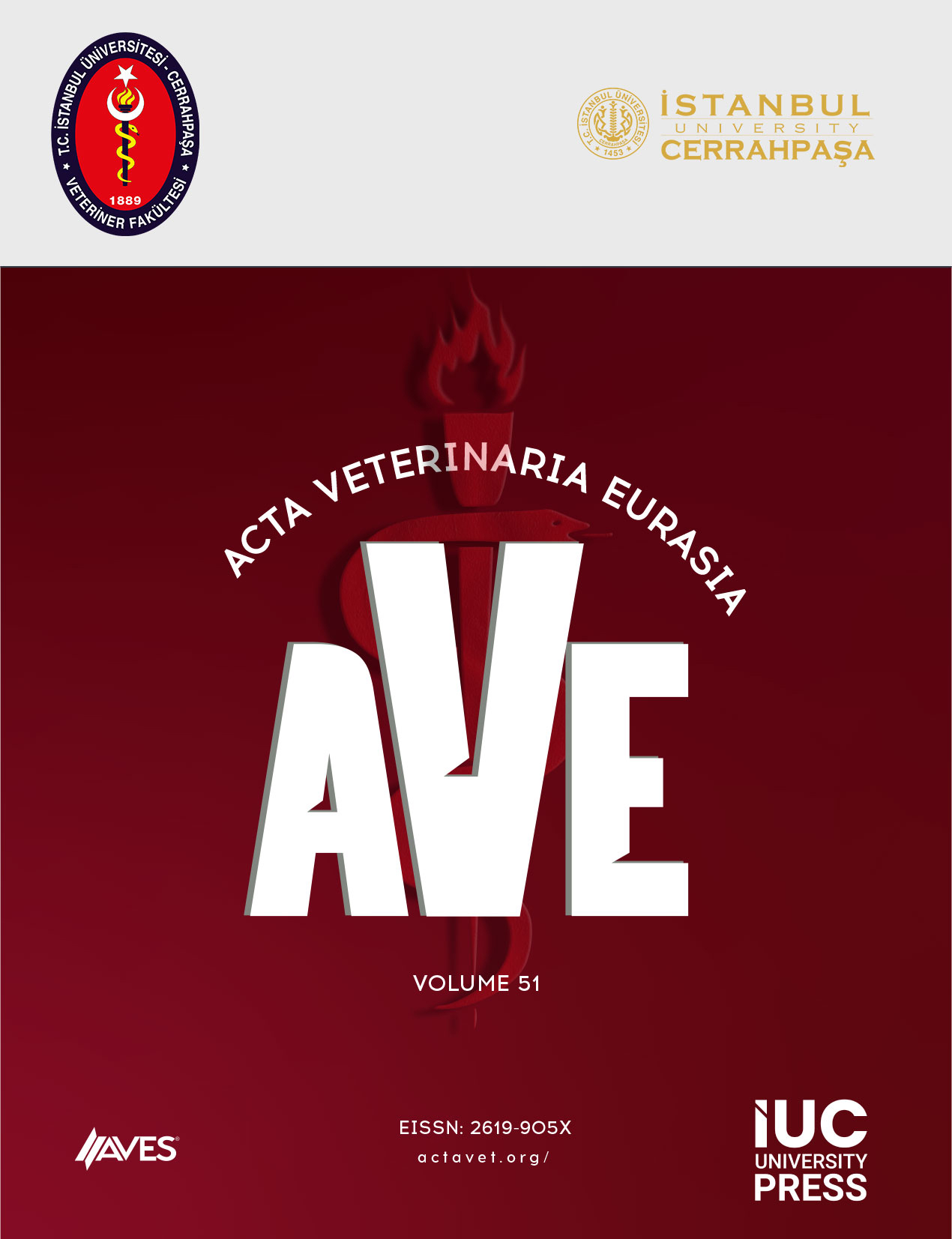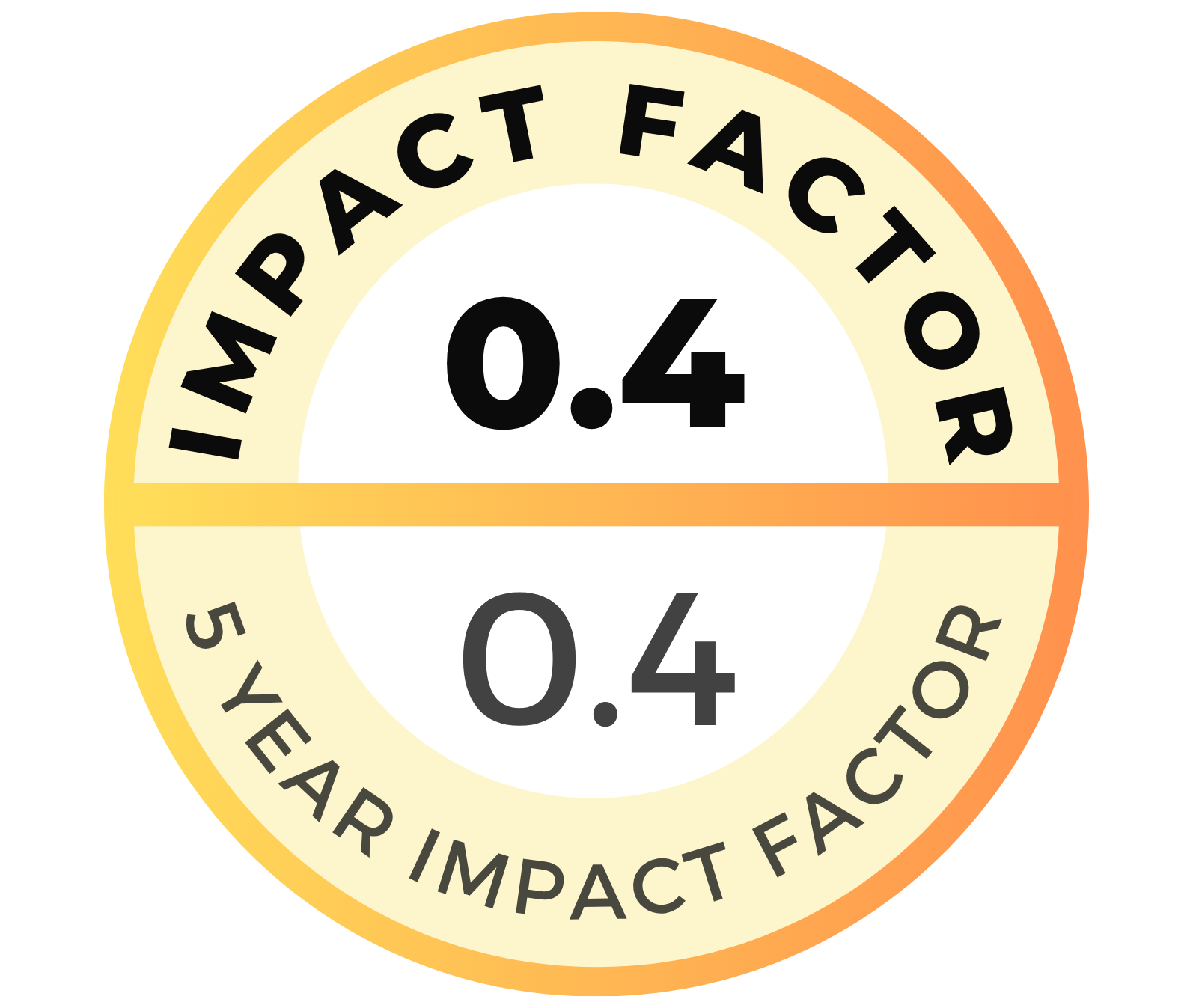The effect of season on the induction of estrus and ovulation by vaginal progesterone at different stages of the breeding season was investigated in the study. Total 136 purebred English mares at between 8-20 age that had no estrus until the treatment day and have not been pregnant for at least a year were used. Vaginal progesteron was administered to the mares for 14 days and a single dose of PGF2α was injected at the withdrawal day. The administrations were done between 15 February- 15 March (n=59), 16 March- 16 April (n=49), and 17 April 30 May (n=28).
At the end of the treatment estrus and ovulation were observed in 81.15% of mares in 2.89 ± 2.51 and 5.09 ± 3.0 days respectively, 44.52 % of these mares conceived. Better results were scored ih later months after February. In later months there have been a decrease in post-treatment estrus (3.54 ± 2.98; 2.90 ± 2.47; 1.89 ± 1.25 days) and ovulation (5.52 ± 3.62; 5.1 ± 92.79; 4.32 ± 2.09 days) days and an increase in estrus rates (71.19 %; 85.71%; 96.55%) and pregnancy rates (35.6 %; 42.6 %; 65.5 %). A marked decrease was observed in the rate of mares that have not responded treatment between 17 April-30 May (3.4%) relating to the other months (28.8%; 14.3%) (P<0.05).
According to the results, it can be concluded that 14 days vaginal progesterone treatment and a PGF2a administration on the withdrawal day can be employed to induce estrus and ovulation at any stage of the breeding season in mares and achieve pregnancy, on the other hand more successful results could be obtained by treatment during the later months of the breeding season.





.png)